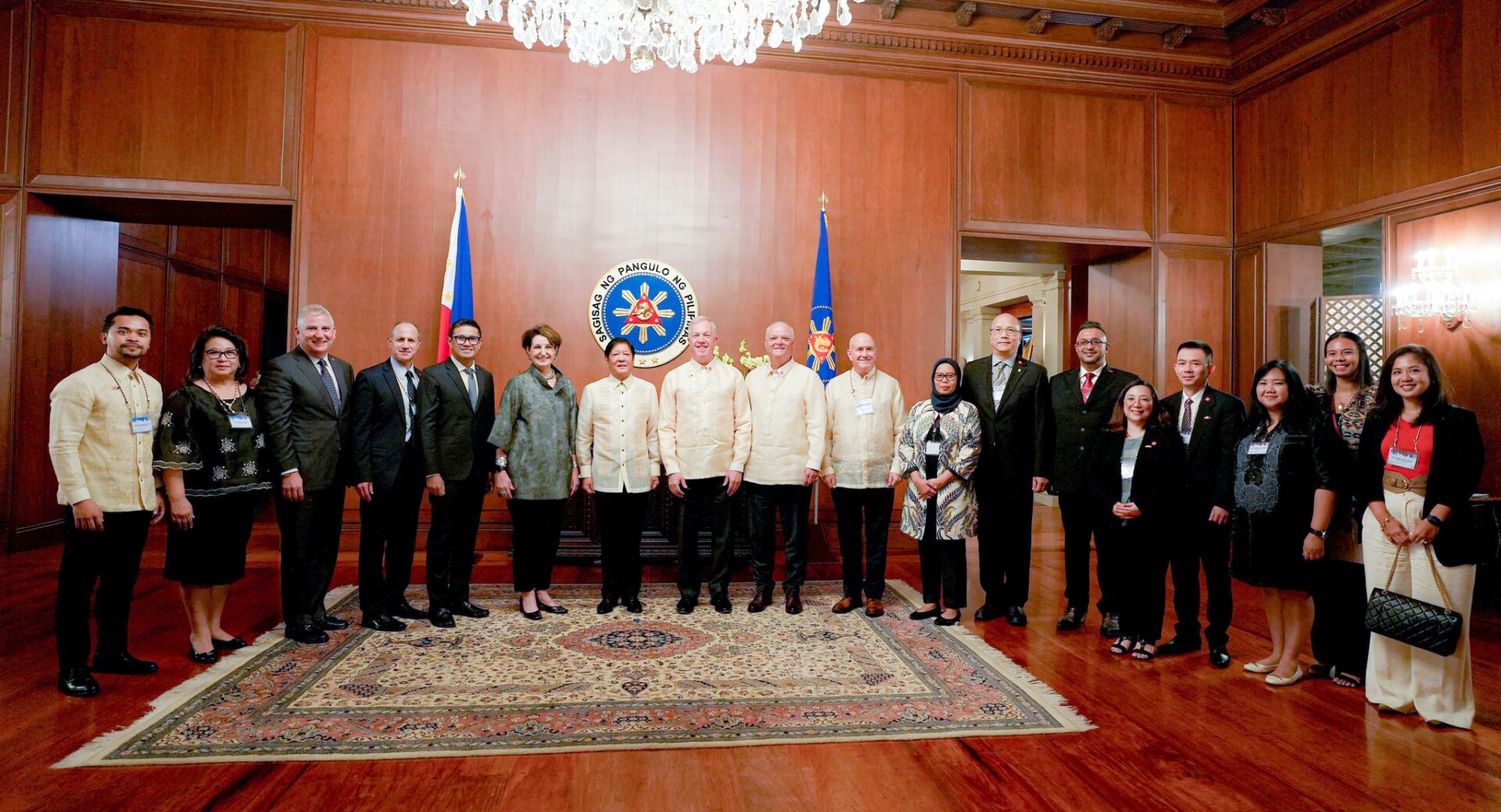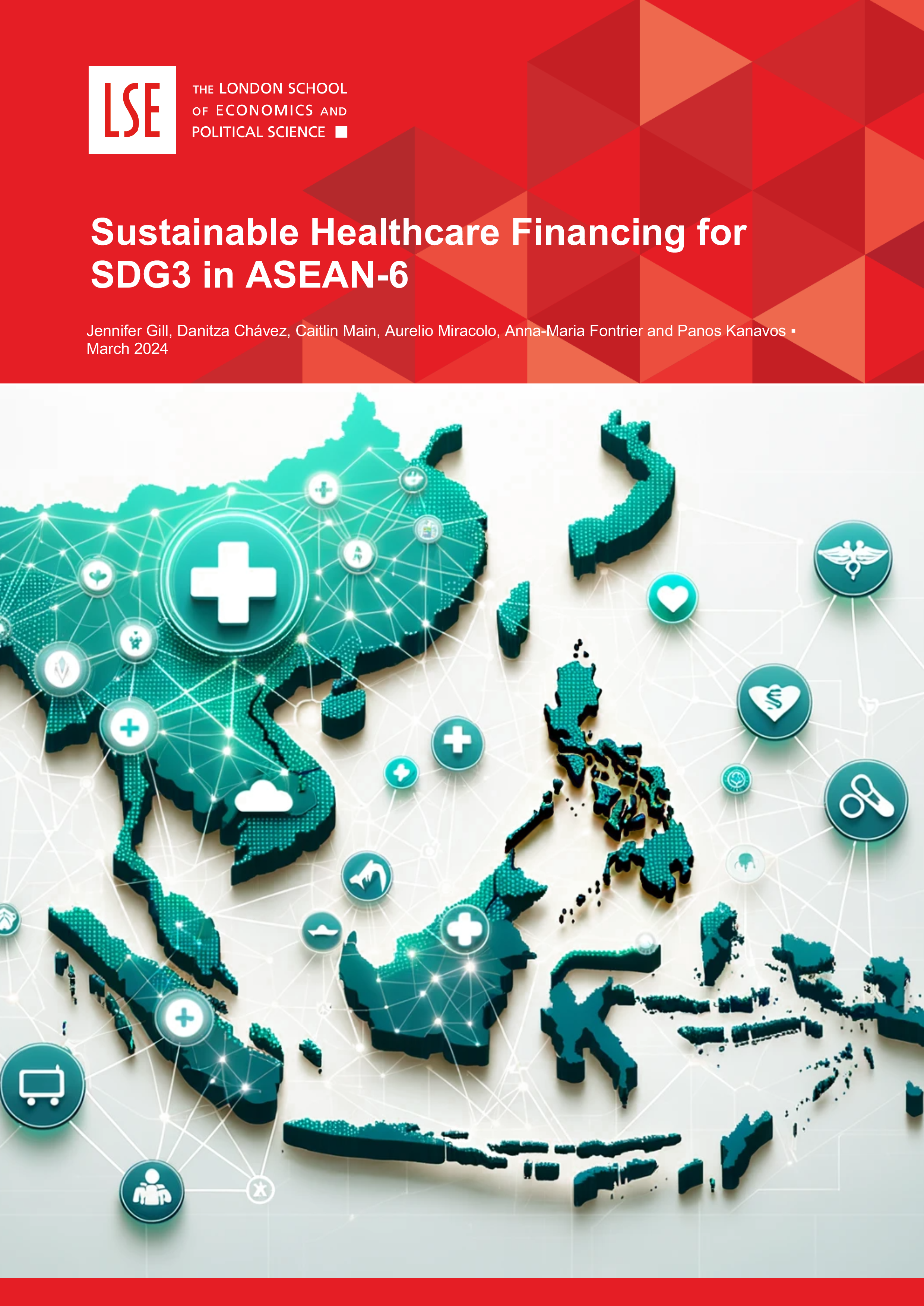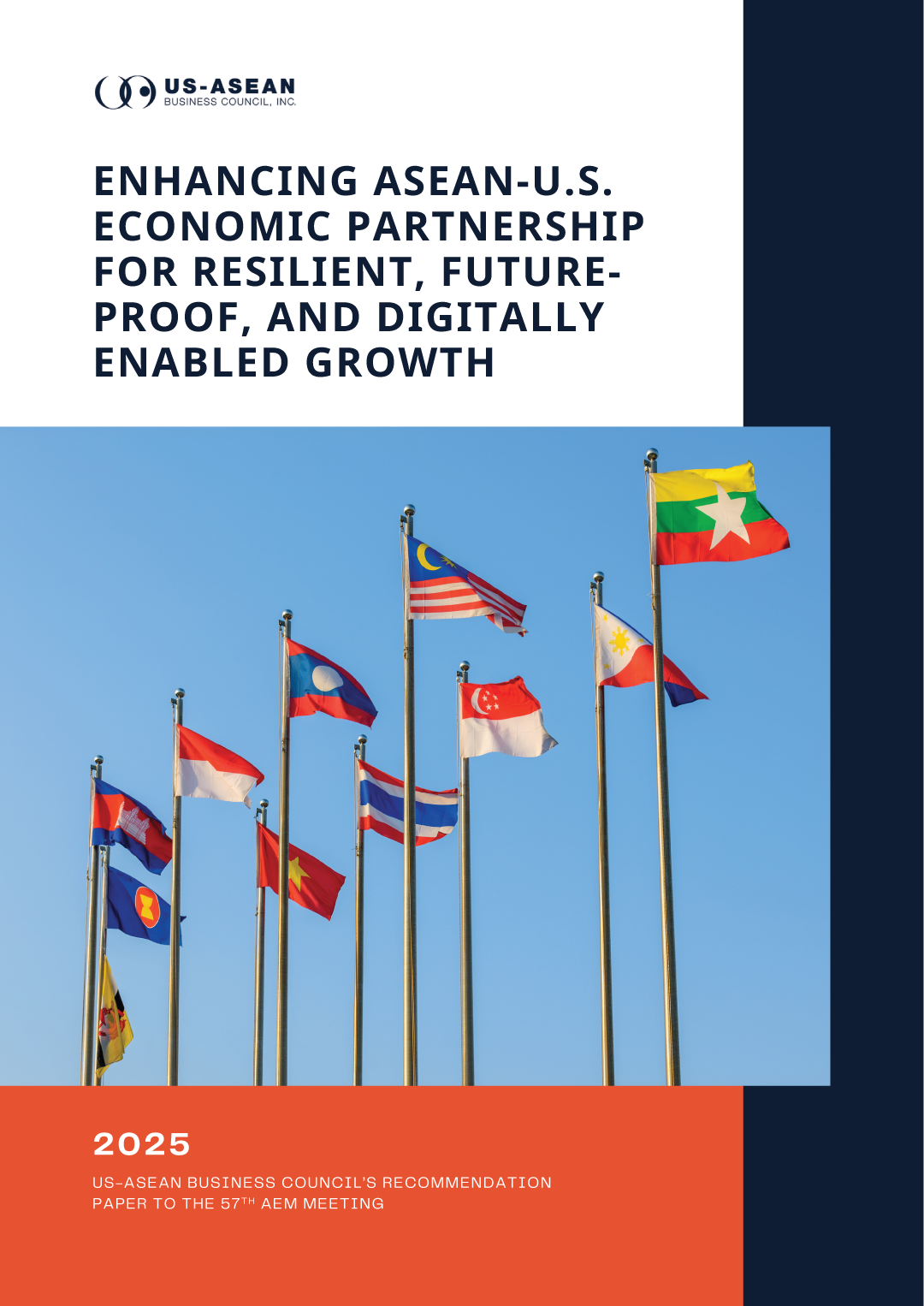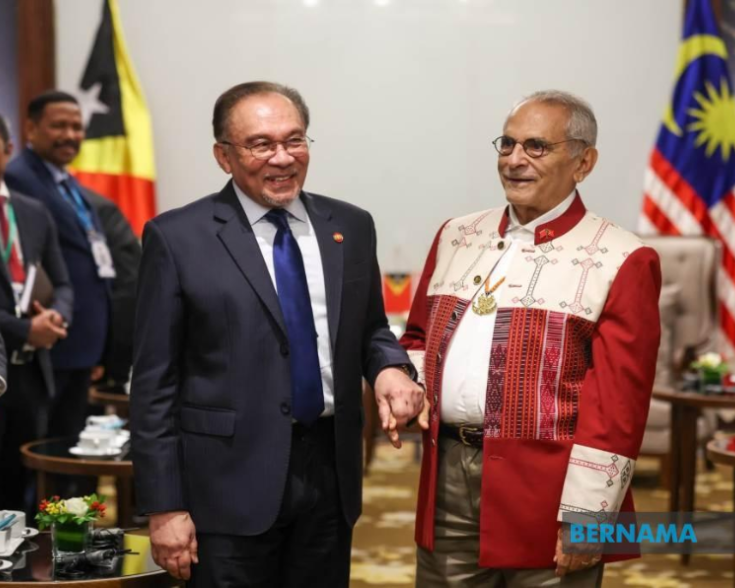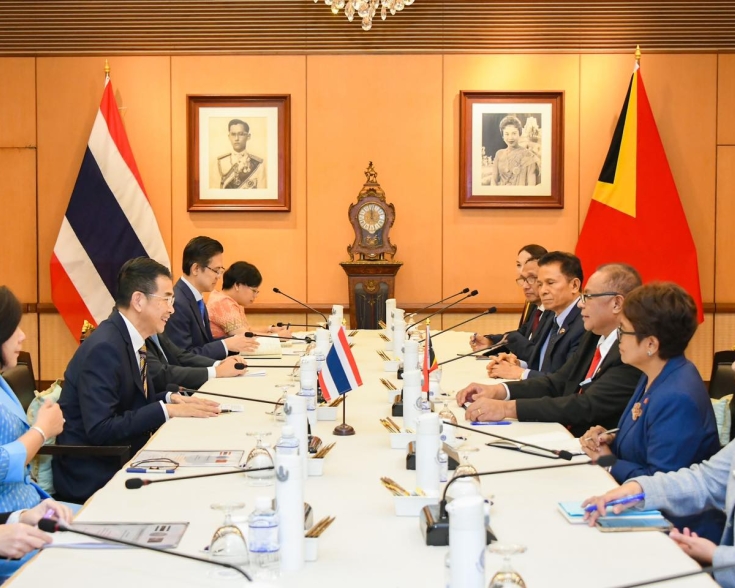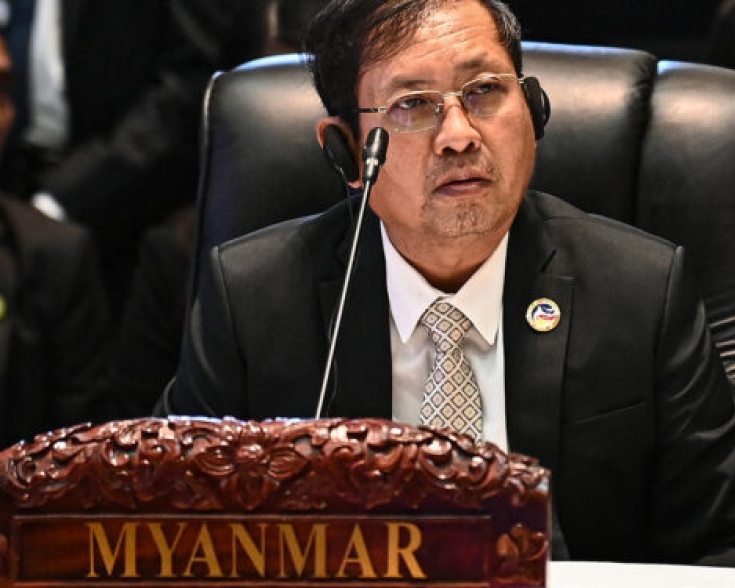Malaysia's Leadership Shake-Up Raises Economic and Environmental Reform Uncertainty
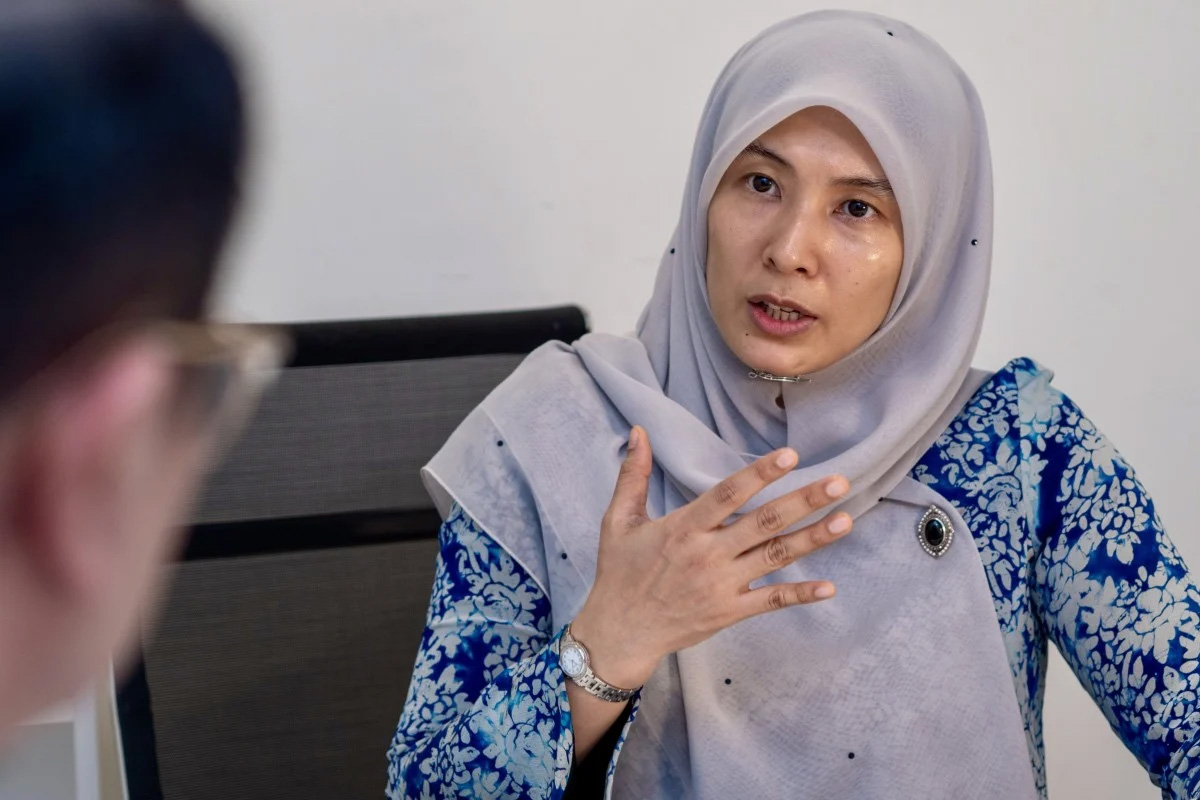
Malaysia's economic reform efforts face renewed uncertainty following the resignation of Economy Minister Rafizi Ramli, who lost his position as deputy president of the ruling People’s Justice Party (PKR) to Prime Minister Anwar Ibrahim’s daughter, Nurul Izzah. Rafizi's departure—effective June 17—comes at a critical midpoint in the government’s term, as Malaysia navigates global trade headwinds. Meanwhile, Nurul Izzah’s appointment has sparked questions whether or not she was chosen based on merit and if she will be able to carry forward Prime Minister Anwar’s ambitious economic agenda.
Rafizi had been the chief architect behind the reform-driven 13th Malaysia Plan, finalized just a few months before his resignation. His proposals focused on narrowing the fiscal deficit by overhauling blanket fuel subsidies, expanding green energy, and improving public sector efficiency. These are key elements aimed at reassuring investors and transitioning Malaysia to high-income status. His exit, alongside that of Environment Minister Nik Nazmi, raises doubts about the continuity of these policies, especially as new leadership has yet to be confirmed.
The reshuffle has exacerbated internal party tensions and could create perceptions of weakened institutional meritocracy—factors that impact investor sentiment. As Malaysia faces heightened external risks, such as potential tariffs on tech exports and global decarbonization pressures, stakeholders are closely watching how the government assures markets that its reform blueprint will remain on course post reshuffle.



